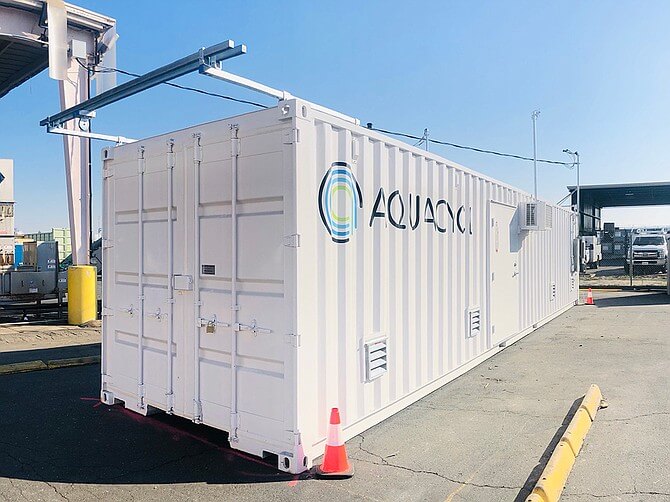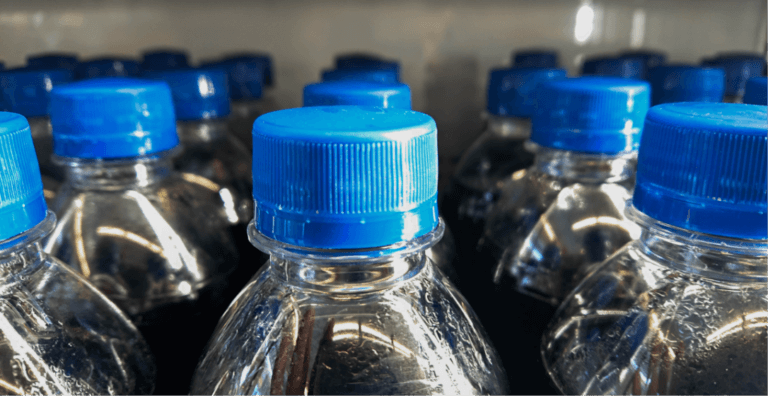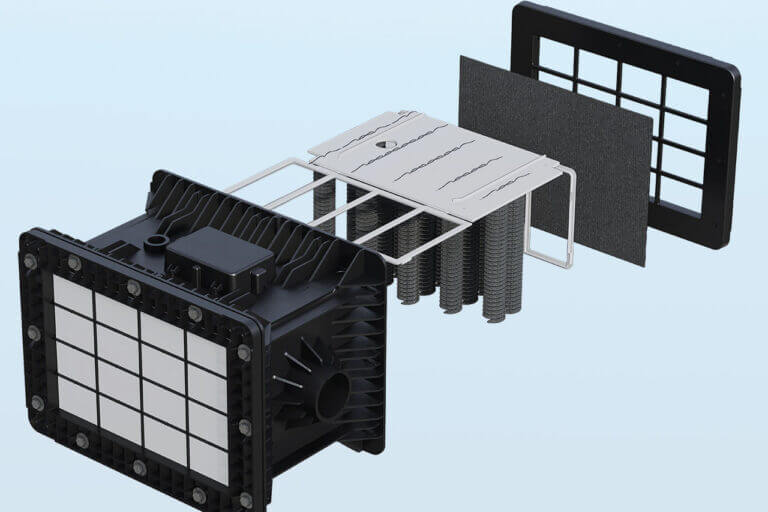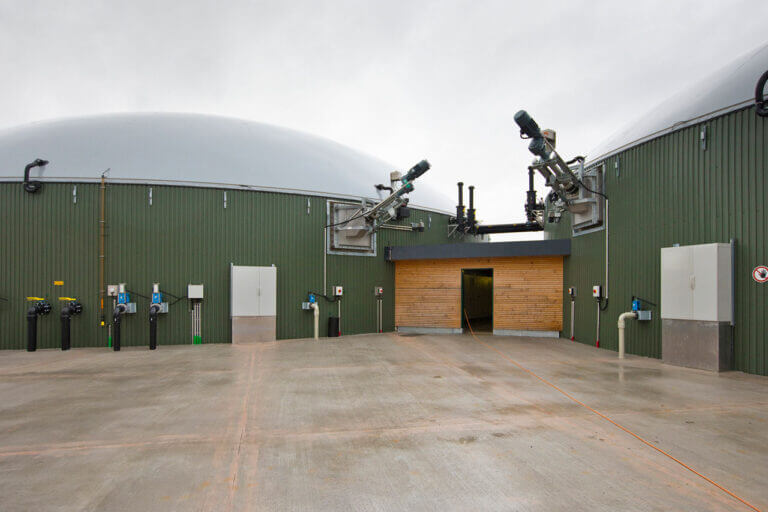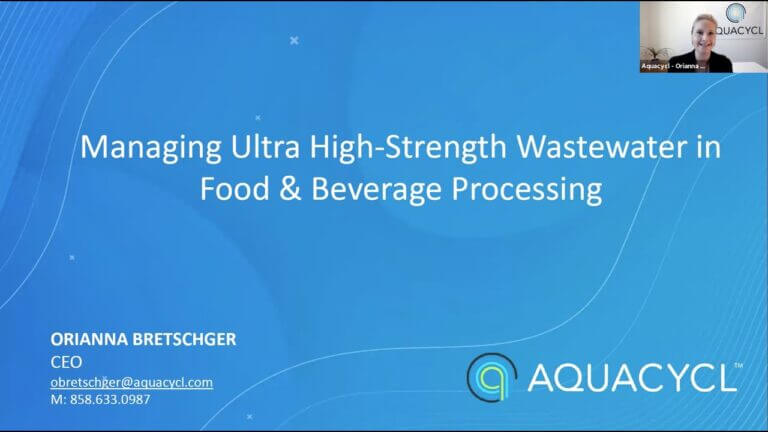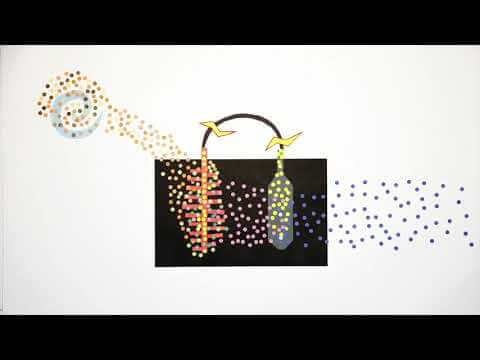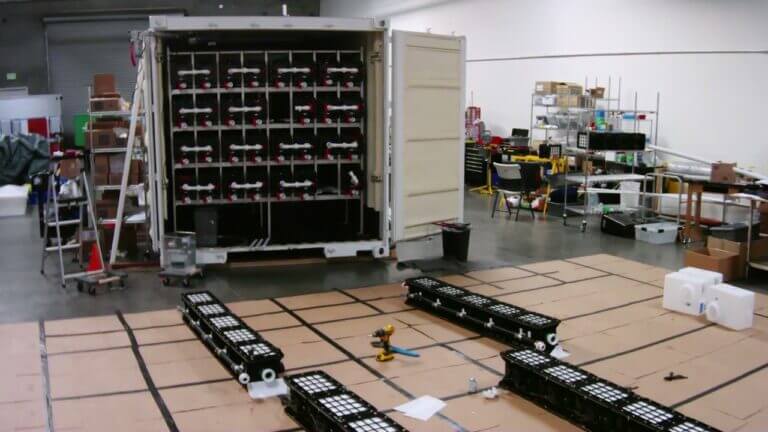Did you know that almost 80% of global wastewater is discharged into the environment with minimal or no treatment? Additionally, the 20% we do treat accounts for more greenhouse gas (GHG) emissions than the entire shipping industry. What do you think would happen if we attempted to treat 100% of global wastewater using current treatment practices?
Current infrastructure would not be able to handle the influx of wastewater, leading to potential energy outages as power and sewer grids struggle to meet increased demands. Consequently, GHG emissions would rise significantly with power requirements, increasing the effects of climate change.
Indeed, we must rethink the way we approach wastewater treatment, and we must act swiftly. Besides the environmental impact of continuing current treatment practices, wastewater has an untapped potential that could benefit both corporations and the environment.
Aiming to treat all wastewater before its discharged into the environment is imperative because there is simply no water to waste. Amidst our global water crisis and the compounding effects of climate change, water is a finite resource that we can no longer take for granted.
We do this by rethinking the way we view wastewater… because it is just water that needs some treatment.
Bringing Wastewater Into the Conversation
First, we must bring wastewater into the conversation of water cycles. The truth is, wastewater simply isn’t talked about enough.
Despite the existence of advanced technologies and processes for wastewater treatment, it remains overlooked in discussions concerning sustainability and operational efficiency. Nobody likes to talk about the end-of-the pipe, which is why conventional methods employed in wastewater treatment have persisted for years without significant innovation.
While these methods may effectively treat wastewater to some extent, closer examination reveals their shortcomings in terms of greenhouse gas emissions, energy consumption, and overall efficiency.
It’s evident that relying solely on conventional practices is no longer sustainable nor adequate in addressing the challenges posed by wastewater management in the modern era. To drive meaningful change, it’s imperative to reframe the narrative around wastewater treatment and integrate it into broader sustainability and climate conversations.
Changing Our Processes
One way to improve current wastewater treatment practices is by implementing changes in our operational processes to boost efficiency and sustainability. Flow segregation is one simple approach that improves wastewater treatment.
By separating different types of wastewater streams based on their characteristics and treatment requirements, we can optimize treatment processes and minimize resource consumption. This targeted approach not only improves the overall efficiency of wastewater treatment but also facilitates water reuse.
By diverting certain wastewater streams away from conventional treatment processes, we can reduce the energy and chemical inputs required for treatment, thereby lowering operational costs and environmental impact.
This simple change in industrial processes allows for greater volumes of wastewater to be treated more efficiently with lower costs, risks, and environmental effects. Learn how you can implement flow segregation into your processes in this blog.
Leveraging Wastewater for Sustainability
Bringing wastewater into sustainability efforts offers companies an opportunity to shift their perspective from seeing it as a liability to considering it as an asset.
By including wastewater (or process water) management in broader sustainability plans, companies can gain multi-level benefits. Utilizing wastewater not only helps meet sustainability goals but also reduces risks, cuts costs, and promotes environmental responsibility.
As companies realize wastewater’s potential in promoting sustainability, they can play a vital role in moving towards a circular economy, which is crucial for addressing global water challenges.
Adopting sustainable wastewater treatment practices helps reduce carbon emissions across all three ESG Scopes and improves water efficiency for industries, supporting local water sources. When aiming to achieve carbon and water goals in your operations, rethink wastewater to tap into wastewater’s potential.
Investing in Innovative Solutions
All that being said, when rethinking wastewater treatment, it’s crucial to reconsider the technology being utilized. As mentioned earlier, conventional treatment methods are no longer sufficient. They are energy-intensive, emit GHGs, and often fall short in treating all types of wastewater effectively.
Investing in sustainable and innovative solutions represents the final piece in the puzzle of rethinking how we treat wastewater. These innovative solutions offer the potential to enhance treatment efficiency, reduce energy consumption, and mitigate greenhouse gas emissions. Moreover, they enable the recovery of valuable resources from wastewater, transforming what was once considered waste into opportunities for resource conservation and circularity.
When looking at which technologies to implement into your wastewater treatment, consider the contaminants in your wastewater, your permits, your operational processes, how to utilize the water for reuse.
Leading By Example
There are many companies out there already rethinking wastewater and creating a pathway for sustainable business practices.
One example of how a company utilized all the ways we can rethink wastewater treatment is PepsiCo. This PepsiCo bottling facility in Fresno, CA, wanted to improve their wastewater treatment processes to lower costs, improve efficiency, and work towards their carbon and water goals.
They recognized their current wastewater treatment methods were not effectively handling their high-strength wastewater. So, they turned to Aquacycl as a technology partner, and after an audit of their wastewater, we advised implementing flow segregation to lower their wastewater costs.
By doing so and utilizing our BETT system to treat the high-strength segregated flow, they save 22% on average on their monthly wastewater bills. They’ve also mitigated over 1,000 tons of CO2e and saved the city almost 400 kWh of energy per month. Now expanding on the system, the PepsiCo facility is working with Aquacycl to enable water reuse for improved water efficiency in their operations.
Projects like these that incorporate a holistic approach to viewing and treating wastewater are how we will get closer to treating global wastewater.
To learn more about how Aquacycl can help you rethink wastewater, schedule a complimentary consultation today.



